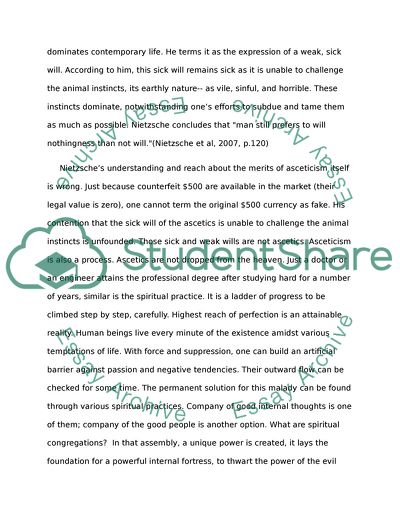Cite this document
(On the Genealogy of Morals by Nietzsche Coursework, n.d.)
On the Genealogy of Morals by Nietzsche Coursework. https://studentshare.org/literature/1737284-nietzsche
On the Genealogy of Morals by Nietzsche Coursework. https://studentshare.org/literature/1737284-nietzsche
(On the Genealogy of Morals by Nietzsche Coursework)
On the Genealogy of Morals by Nietzsche Coursework. https://studentshare.org/literature/1737284-nietzsche.
On the Genealogy of Morals by Nietzsche Coursework. https://studentshare.org/literature/1737284-nietzsche.
“On the Genealogy of Morals by Nietzsche Coursework”. https://studentshare.org/literature/1737284-nietzsche.


